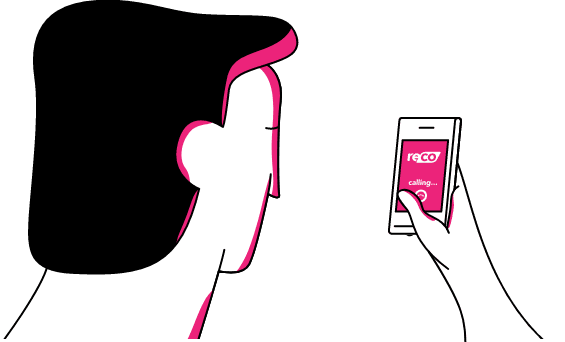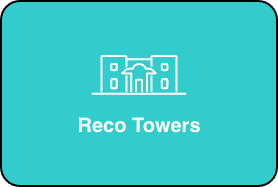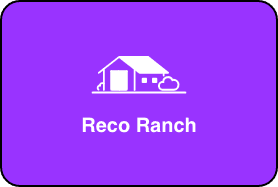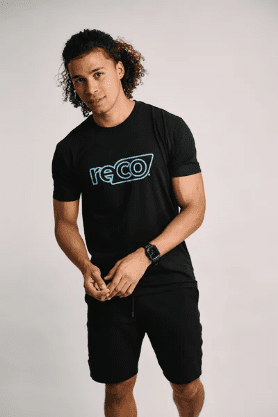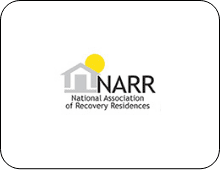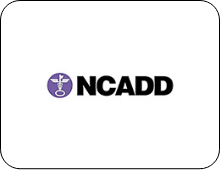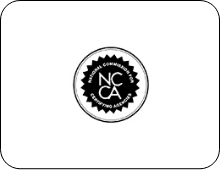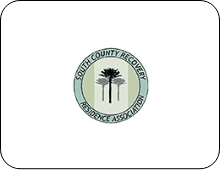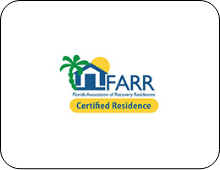Parents of Addicts
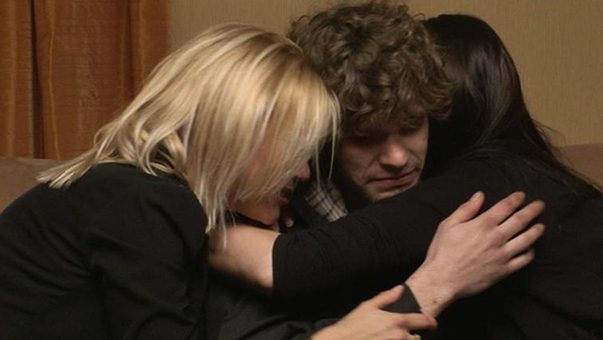

Addicts and alcoholics are not the only ones who tend to grapple with intense, deep-rooted denial. In many cases, the family of the addict will battle some degree of denial as well. Parents of addicts may refuse to believe that someone they raised could have strayed so far down the wrong path – a path of substance dependency, dishonesty, and harshly compromised values. It is difficult to understand what would drive a child to drink or use drugs in excess, and to resolve themselves of any misplaced guilt, many parents of addicts will avoid confronting the issue altogether. It is important for parents of drug or alcohol addicted youth to remember that they are in no way responsible – that a combination of genetic predisposition and social surroundings may lead to addiction even when parenting has been nothing but loving, nurturing, and supportive.
What Makes An Individual More Prone To Substance Abuse?
It seems that in many cases of adolescent drug abuse, parents are unaware of a traumatic event that may have happened early on in their child’s life. As is the case with most other chronic diseases, there are several factors that contribute to an individual’s vulnerability to the disease. Family plays a significant role, as does social environment, underlying psychological disorders, and the addictive qualities of the specific type of substance being abused. Listed below are several contributing factors that should be taken into account.
- Abuse or neglect during childhood
- Sexual assault during childhood
- Traumatic experiences during childhood
- History of familial drug and alcohol abuse
- Underlying mental disorders (such as depression or anxiety)
- Early exposure to illicit substances
- The types of drugs used and the method of usage
What the Parents of Addicts Can Do
Unfortunately, if a parent feels somewhat responsible for the drug abuse of their child, either because they struggled with the disease of addiction themselves or because they feel they somehow aided in their vulnerability to traumatic experience, it is easy to adopt a mentality of denial. ‘It is just a phase”, or, “All of the other kids his/her age are doing it”, can be dangerous and potentially lethal ways of coping.
In order to break this denial, it is important that the parents of addicts look for signs and symptoms that may indicate that the use of illicit substances is taking place. Sometimes it is easy to tell if one you love is on drugs – he or she will seem vacant, no longer interested in anyone or anything, gaunt in appearance and both physically and emotionally withdrawn. In some cases, however, it is extremely difficult to tell that your loved one is abusing chemical substances, especially if addiction has not yet progressed to a severe stage. Sometimes even when addiction is severe, an addict is able to cover up symptoms and avoid external consequences, keeping up the appearance that everything is perfectly fine.
Warning Signs of Drug or Alcohol Abuse in Adolescents
If you suspect that drugs or alcohol may be responsible for a change in behavior, even a slight one, there are several signs listed below that may help you determine whether or not substance dependency is involved.
- Grades begin to drop for no apparent reason
- Activities that used to be enjoyed have fallen by the wayside
- There is a change in friends – hanging around with a new set of people that don’t seem to share the same interests
- Time spent alone seems more prevalent
- Fights get picked more often
- Withdrawn attitude; a lack of ‘caring’ about anything at all
- Less attention paid to personal hygiene
- Style of dress changes noticeably
If you believe your child may be struggling with substance abuse, it is important to seek help sooner rather than later. Addiction is a progressive disease, and as long as it goes untreated it will continue to worsen. For a comprehensive list of treatment options or for any other tips or advice, please contact one of our trained representatives today.




Speciality Treatment Services
Our highly qualified staff will work with you each week in individual therapy, group therapy, and ancillary programs. Together, we will design a weekly curriculum that meets your individual needs, with both morning and night track options available.
Your weekly treatment plan will consist of three key group programs and two electives, in addition to any supplemental services you may require.
Beyond your primary groups and electives, you will find within our program an array of specialty services, which include, but are not limited to:
- Private Trauma-Conscious Yoga
- Optional Therapeutic Excursions
- Trauma-Conscious Massage
- Community Service Projects
- Reiki & Other Body/Energy Work by a Masters-Level Clinician
- Therapeutic/Healing Rituals for Grief & Loss
- Eye Movement Desensitization and Reprocessing (EMDR)
- Nature-Based Therapy (in Collaboration with Local Nature-Based Resources)
- Family Programming & Specialty Counseling Services
- Nutritional & Healthy Meal Counseling
- Individual, Couple, or Family Equine Therapy Sessions
- Healthy Cooking Classes & Demonstrations
- Private Acupuncture for Trauma & Addiction
- Instructional Money Management
Highest Standards & Best Practices
At RECO Institute, we strive to uphold and maintain the highest standards in sober living quality and accreditation.
